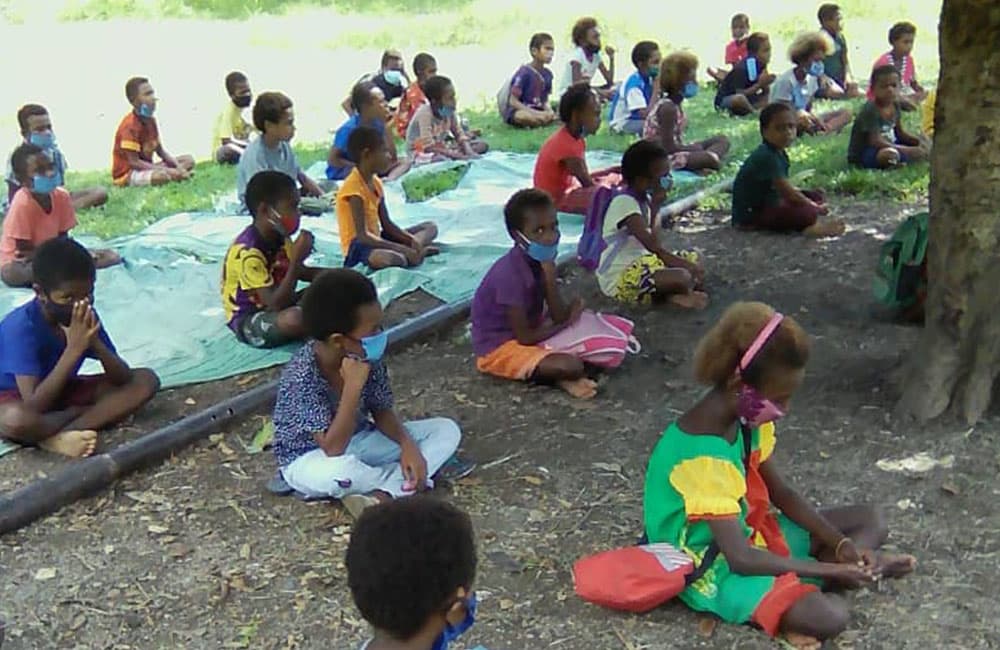How children have kept reading despite the pandemic’s challenges
Prior to the outbreak of the COVID-19 pandemic, the world was already struggling with a learning crisis. The World Bank estimates that 53 percent of children in low- and middle-income countries were living in Learning Poverty – unable to read and understand a simple text by age 10.
And this year, children’s experience of learning to read and write has been very different from years past. With schools closed, many parents and caregivers have had to take on the role of teacher by educating children at home. Teachers have also had to adapt dramatically – through remote teaching and managing the limitations of teaching through technology.
But we know how critical daily reading is for children – it’s the foundation upon which learning is built and it has a positive impact on their children’s well-being.
This International Literacy Day, we look at how teachers and parents are working through the disruptions, to keep children reading, writing and learning.
Home-learning support in the Solomon Islands
In the Solomon Islands Country Office, Save the Children has been supporting the development of emergent and foundational literacy skills for children in rural areas, both inside and outside the classroom, for years.
So, when the threat of COVID-19 emerged, we were well placed to support children to continue learning. We adapted our ‘Emergent Literacy and Maths at Home’ package for delivery over the radio. This package helps parents of pre-school aged children identify learning opportunities in a typical daily routine. It is designed to fit around parents and children’s daily lives at home, where most parents are farming or fishing during the day, and to accommodate the low adult literacy rates.
Teachers rise to the challenge
In Papua New Guinea, where adult and child literacy is low, we have been training teachers to develop literacy and numeracy among students using the school-based curriculum for English, vernacular (local language) and mathematics. We’re supporting them to make their own resources using natural objects and we’re creating storybooks in 30 different languages.
When COVID-19 hit earlier this year, Save the Children pushed our eLearning resources out to families so that those who could keep learning from home were able to. The resources include books are from the PNG national curriculum that are translated into 31 languages including English, Tok Pisin, Motu, and PNG Sign Language.
We also developed COVID-19 awareness materials for children from pre-school to secondary school. We created posters, stickers and fold out pocket guides. In PNG children are still attending school and staying safe by washing their hands and wearing masks.

Kids continue learning outdoors in PNG, staying safe by socially distancing, and wearing masks.
Photo: Joy Wong / Save the Children
Janet is from the Eastern Highlands in Papua New Guinea. In 2007, she started the Habanofi Elementary School with 80 students. Initially she relied on her experience as a community adult literacy teacher. In 2010 she graduated with a certificate in Elementary teaching.
She explains to teach the children, she’s had to teach herself first. “I was trained to be an elementary teacher, but I must tell the truth that my Literacy and Numeracy skills and knowledge were too shallow. I was struggling to deliver the curriculum content,” said Janet.
After receiving RISE training, she’s a lot more assured in her skills to teach the children. “I am now confident teaching phonics in English in line with the curriculum and assist children with different learning needs.”